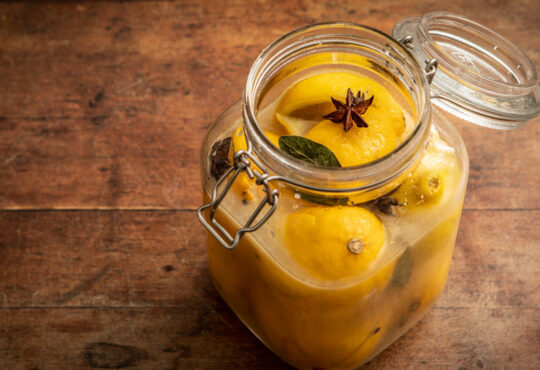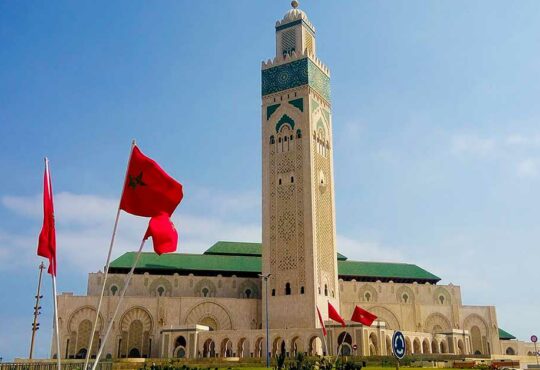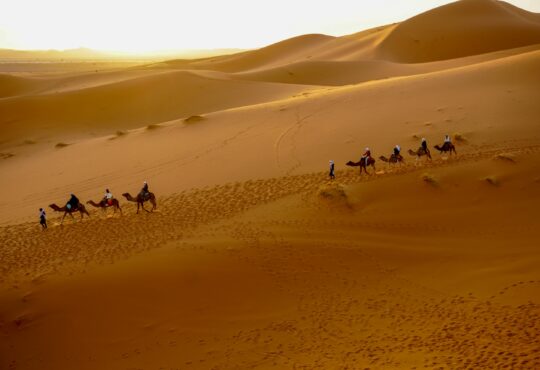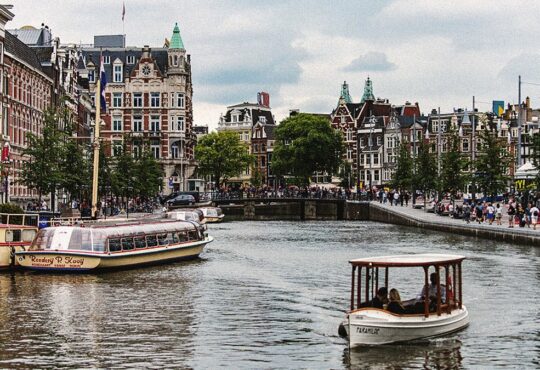2.1K
Morocco is a magical North African that is known for its beautiful landscape and culture. While there are so many tourist attractions to see in Morocco, there is something else you should know about in this country. The Moroccan beauty secrets. Yes! Moroccan beauty has it own secrets that only Moroccans know about and use.
The locals of Morocco have their own beauty secrets that they use on a daily basis to keep themselves looking good and healthy. So, If you’re planning on traveling to Morocco, or if you’re just looking for new of taking care of yourself, then read on. You may be surprised at some of the things that Moroccans do to maintain their beauty.
Disclaimer: Please keep in mind that we may receive a commission when you click on our links and make a purchase. This, however, has no bearing on our reviews.
Morocco is one of those unassumingly well-known countries for its natural and organic beauty products. Moroccan skincare and haircare secret products are considered an ancient African heritage that goes back centuries.
Moroccan Sephora: Traditional beauty & makeup shop in Morocco Souq
For a long time, these Moroccan gems have remained largely unknown to the outside world. Until now, that is. Here are some of our best-kept Moroccan beauty secrets. Make sure to adopt one of these Moroccan Beauty secrets to enhance your self-care game.
100% Organic Cold pressed Moroccan Argan Oil
Moroccan Argan oil is an awesome ingredient you should have at home. Argan oil is packed with all the good stuff that helps your skin and hair at the same time. This magical ingredient has been used for generations in Morocco. It is used for both cooking and cosmetic purposes. Moroccan women apply organic Argan oil on their skin and hair to repair and protect.
Argan oil contains antioxidants that help brighten your skin tone and repair damages such as acne and early signs of aging. This magical oil can moisturize your hair and scalp and protect your hair from everyday damage. It may also help prevent hair loss for thicker, fuller hair.
How to use Moroccan Argan oil for hair and skin?
Argan oil hair mask: If you want to improve your hair and scalp health, apply a weekly Argan oil mask. All you have to do is put a few drops of Argan oil on your hair and scalp, and massage it using your fingertips for about 5 minutes. Wrap your hair in a headcover and leave it overnight. In the morning, wash your hair and repeat this at least once in 2 weeks
Argan oil face mask: You can use Argan oil for your face and skin as well. Apply a few drops and massage your face and neck nicely, leave for about 1 hour and wash it with warm water. You can use argan oil on its own or you can combine it with other nourishing ingredients like Almond oil or Sesame oil.
Related: Moroccan Oil vs Argan Oil: Which One To Choose?
100% Pure Moroccan Rose Water Face Mist
The Moroccan rose is one of the essential beauty secrets that has been used in North African and Middle-eastern countries for decades. The Moroccan native ingredient is used to treat the skin from acne and acne scars and also used to prevent acne on the skin.
Rosewater is a natural mild antiseptic and is recommended for acne and skin irritation. it is used for nourishing and hydrating the skin and face after a shower or bath. Plus, Moroccan rose water can serve as a makeup remover.
How to use rose water on your face and skin?
You can either spray it on a cotton pad and gently dab it on the affected area or spray it directly onto the skin. You can also use rose water to make masks.
100 % Natural Moroccan Rhassoul Clay
Ghassoul clay is a type of clay in the Atlas Mountain Valley of Morocco. Ghassoul clay is used as a Moroccan beauty product for hair and skin. This beauty ingredient is magnesium-rich and it contains other minerals too. The Moroccan Ghassoul clay is used as a detoxifier for skin and hair. It can be applied as a mask by mixing Ghassoul powder with water, Rose Water, or essential oils.
Moroccan Ghassoul clay helps fight acne, cleanse impurities, and improve skin elasticity. It naturally contains silica that can work as an exfoliant, and also gives hair a glossy shine and cleanse all impurities from the scalp as well as excess oil. The saponin content in Moroccan Ghassoul clay makes it a good shampoo alternative.
How to use Moroccan Ghassoul clay?
Ghassoul clay is used for body and face masks. Use Rose water to make a Ghassoul face and body mask, apply for a few minutes and when it dries then wash off with warm water. For well-hydrated skin add a few drops of Argan oil.
Moroccan black soap (Moroccan Beds Soap) with rose
Moroccan women use Beldi soap as a part of their weekly Hammam (Steam Bath) ritual. The Beldi soap is applied to the skin for 30 minutes to 1 hour to prepare it for the cleansing and exfoliating step. Moroccan locals use a washcloth called ‘’Kessa glove’’ to exfoliate. This combination of the black soap and the ‘’Kessa’’ helps remove dead skin, and smooth and purify the skin.
The Moroccan Black soap is made from 100% virgin black olives and can be bought with enriched ingredients such as essential oils, Eucalyptus, Rosemary, or Peppermint. This traditional Moroccan soap is rich in Vitamin E which helps in purifying and moisturizing the skin with its antibacterial properties. It can also help fight against skin irritation and it’s suitable for all skin types, especially dry ones.
How to use Moroccan black soap?
Wrap your body with a handful of Black soap and wait for 15 minutes before washing it off. I recommend that you use the Black soap in a Moroccan way, which means, you only use it if you are planning to have a scrub using a Kessa Glove. The Black soap is not used as a body mask in Morocco but is used to prepare the skin for a scrub.
Moroccan Henna is a beauty ingredient derived from a plant that grows in Morocco and other Mediterranean countries. Henna is more like a tradition used in all Moroccan celebrations such as marriages, baby showers “Sboue”, and religious occasions like “Eid”.
As a form of joyous celebration, locals use the Henna paste mix to draw beautiful designs of flowers and lines on their hands and feet. Henna is used also as an essential beauty secret in Hammams for both hair and skin. A Henna mask leaves the skin soft and clean. It is also used to strengthen the hair and give it a shiny look. In Morocco, Henna is used to dye the hair a lovely red color or sometimes to just cover the little white hairs.
How to use Moroccan Henna?
Henna hair Mask: Mix the green fine powder with water, add some extra virgin oils such as Argan or olive oil, and mix until you get a homogenous blend. Apply on your hair and leave it to soak for 1 to 2 hours. Then wash nicely with warm water.
Henna body mask: Henna body mask is recommended before a steam bath. Add Rosewater and a few drops of Argan oil to the Henna powder. Mix the ingredients to get a mask texture blend. Apply on your body for NOT MORE than 10 mins as Henna can color your body if you leave it for too long. Then wash with warm water
Note: Don’t use it on your face
100% Vegan Moroccan Aker Fassi Powder – Lipstick
Aker Fassi is another unique historical Moroccan beauty ingredient. If you check the makeup box of every Moroccan woman, you will probably find a little container with red powder. It is traditionally used as lipstick or blush. The Amazigh red tint is made from poppy flower petals which are known for their moisturizing and softening properties.
The Aker Fassi comes in a powder form that can be used in masks along with Henna and Rose water or used as an organic makeup product applied directly on the lips or cheeks for lovely pink color.
1) Aker Fassi is rich in antioxidants, flavonoids, and alkaloids.2) It softens and brightens the skin when used in masks
3) Poppy flowers contain active ingredients that can help with aging and wrinkles





